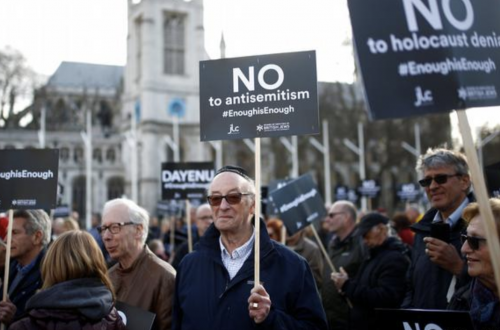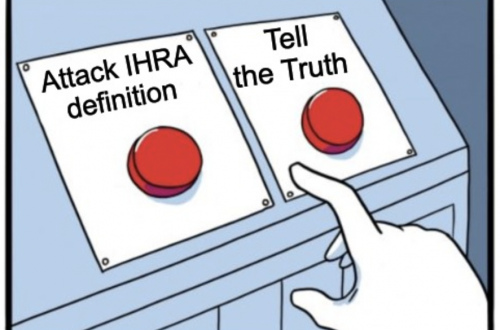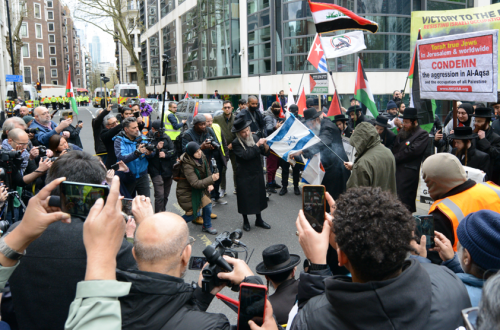I’ve recently finished watching the sixth and final series of The Americans. This award-winning show focuses on Soviet sleeper agents, Philip and Elizabeth, who live an ostensibly normal suburban life in 1980s Washington DC with their teenage children Paige and Henry. Elizabeth is, broadly, a regime loyalist. Philip is a bit more ambivalent – and even something of an Americanophile.
Although it’s received a great deal of praise I’ve been struck by a surprising lack of analysis of the show’s political leanings in most reviews. Some might argue that this is because the real concern of The Americans is marriage, the family and personal relationships. There’s some truth in this – but it still seems curious that mainstream reviewers didn’t have more to say the way the show chose to negotiate the clash between two competing ideologies.
Digging a little further, I did find some more politically inflected commentary. However it was interestingly contradictory. Here’s Brent Bozell’s rather bludgeoning take:
“The Americans” isn’t about Americans. It’s about heroic defenders of expansionist communist tyranny. The “heroes” are those who killed tens of millions. That’s morally sick. But at FX, sickness sells.
This doesn’t do justice to the show’s nuance, to put it mildly. However I didn’t think he was completely wrong. Elizabeth seems sincere in her belief that the Soviet Union is morally in the right, and her fears over US aggression appear genuine. There did seem an opening – I’d put it no more strongly – for a starry eyed social justice warrior to decide Philip and Elizabeth were on the right side of history.
However here’s one left wing take on the show which reaches just the opposite conclusion; Sonny Bunch argues that the show blurs the lines between Soviet interests and civil rights movements in order to smear the latter.
This was an interesting perspective – but there are elements in The Americans which seem to work against this. For example one charged plot line hinged on the US’s involvement with the Mujahideen in Afghanistan. This could easily be read as a swipe at the inconsistencies – or short-sightedness – of US foreign policy, or simply as a kind of ironic, Heraclitean reflection.
By contrast with Bunch, John Carl Baker at Jacobin found the show quite sympathetic to 1980s communists – yet, rather oddly, identified a more subtle problem – a subliminal pro-austerity message.
And here’s another quite different perspective, this time from an enthusiastic reviewer over on The American Conservative (do take note of its spoiler alerts). The writer thought the show was ‘terrific’ and, rather than fearing, like Bozell, that it glorified the Soviet Union, thought its true hero was Stan Beeman, the genial FBI agent.
It’s not surprising people have read The Americans in different ways. It makes almost everyone – the central couple, the Reagan-supporting FBI agent who lives next door, the various KGB agents, broadly sympathetic. They may do or think things that we think are very bad indeed, but there are comparatively few of those little pointers (of the kind so common in fiction but less so in life) warning us that we should be particularly wary of anyone or steering us to dislike them. This makes it disconcertingly easy to bounce back into sympathy with the central characters even after they have brutally disposed of an enemy agent or two.
Rather than wearing its heart on its sleeve the show presents us with a lot of information – quite subtle and complex information – and lets us process it for ourselves, and decide on our own emphases and interpretations in accordance (probably) with our own world view.


